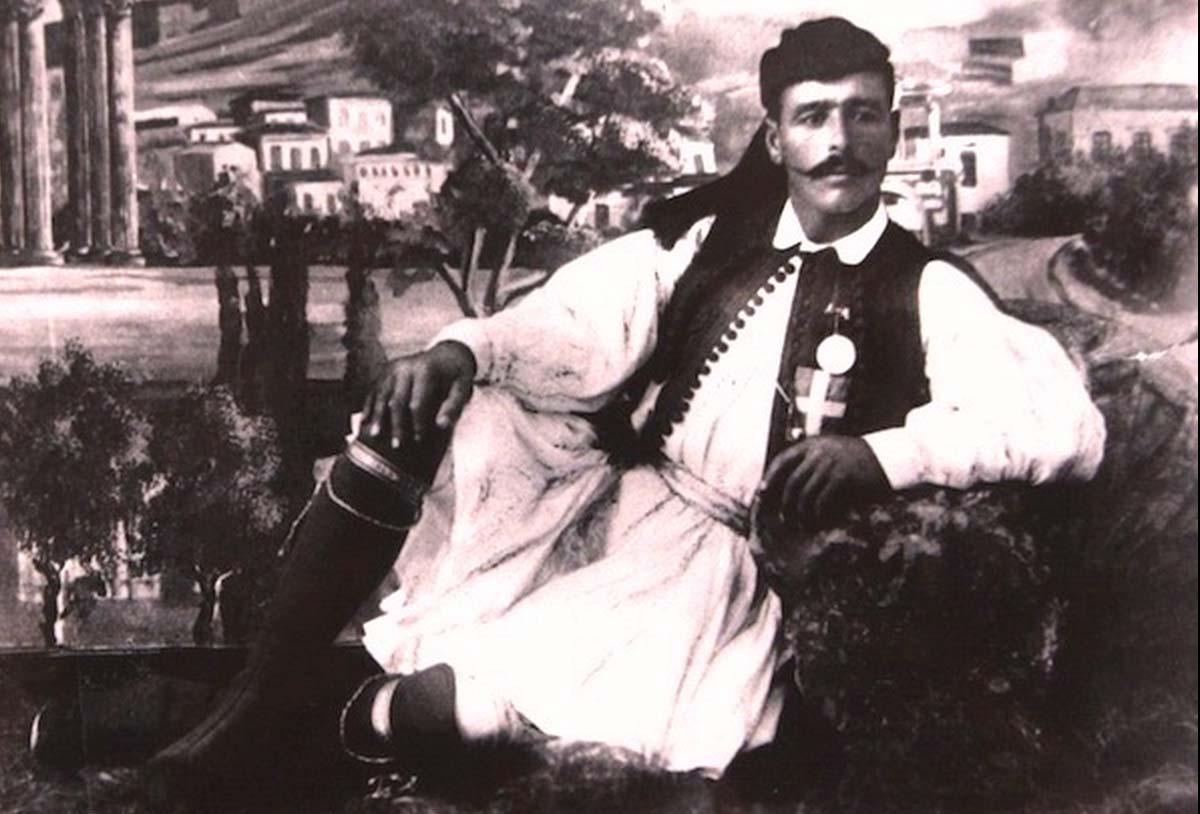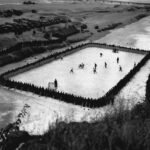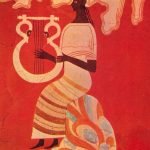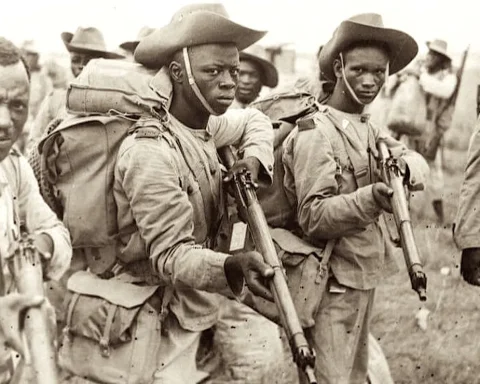
At the start of the Olympics in 1896, the organizers were trying for a show that portrayed the ancient glory of Greece. Michel Bréal thought of the marathon race after the legend of Pheidippides.
The legend had it that Pheidippides, the Athenian soldier, completed a two-day run to request Spartan help against the invading Persians in the Battle of Marathon, and after that ran from the town of Marathon to Athens days later to announce the victory, dying soon after because of his heroic action.
The race began in Marathon and continued for 40 kilometres to Athens. The Frenchman, Albin Lermusiaux, who had come third in the 1500 meters led the race.
Spiridon Louis stopped in Pikermi for refreshment and asked for the advantages the other runners had over him. When he had been supplied with this information, he boasted that he would pass them all before the end of the race.
Lermusiaux was tired at 32 kilometres and quit the race. This enabled Edwin Flack, the Australian who won the 800 and 1500 m races to be in the lead. Spiridon Louis, however, was about to overtake him.
Soon after, Edwin Flack collapsed as running for very long distances was alien to him. Spiridon Louis became the leading contestant at this point. When the information that it was a Greek leading, the thousands of people in the audience became charged and began to chant: “Hellene, Hellene!”
SEE ALSO: R-100 Airship: Photographs Of The Interior Of A “Flying Hotel”, 1929-1930

Eventually, when Spiridon Louis eventually arrived at the stadium, two Greek princes; Crown Prince Constantine and Prince George went to meet him and ran the final lap of over two hours with him.
Following the victory, Spiridon Louis got plenty of gifts, somewhere jewellery while others included lifelong free shave at the barbershop.
It’s not known if Louis took all other gifts but he took with him the carriage he had demanded from the king. After that victory, he never participated in any running competitions. He went on to be a farmer and a local police officer.
Four years before his death and forty years after the victory, Louis shared the moments after his victory: “That hour was something unimaginable and it still appears to me in my memory like a dream… Twigs and flowers were raining down on me. Everybody was calling out my name and throwing their hats in the air”.
SEE ALSO: Belgium Apologizes For Colonial-Era Abduction Of Mixed-Race Children








